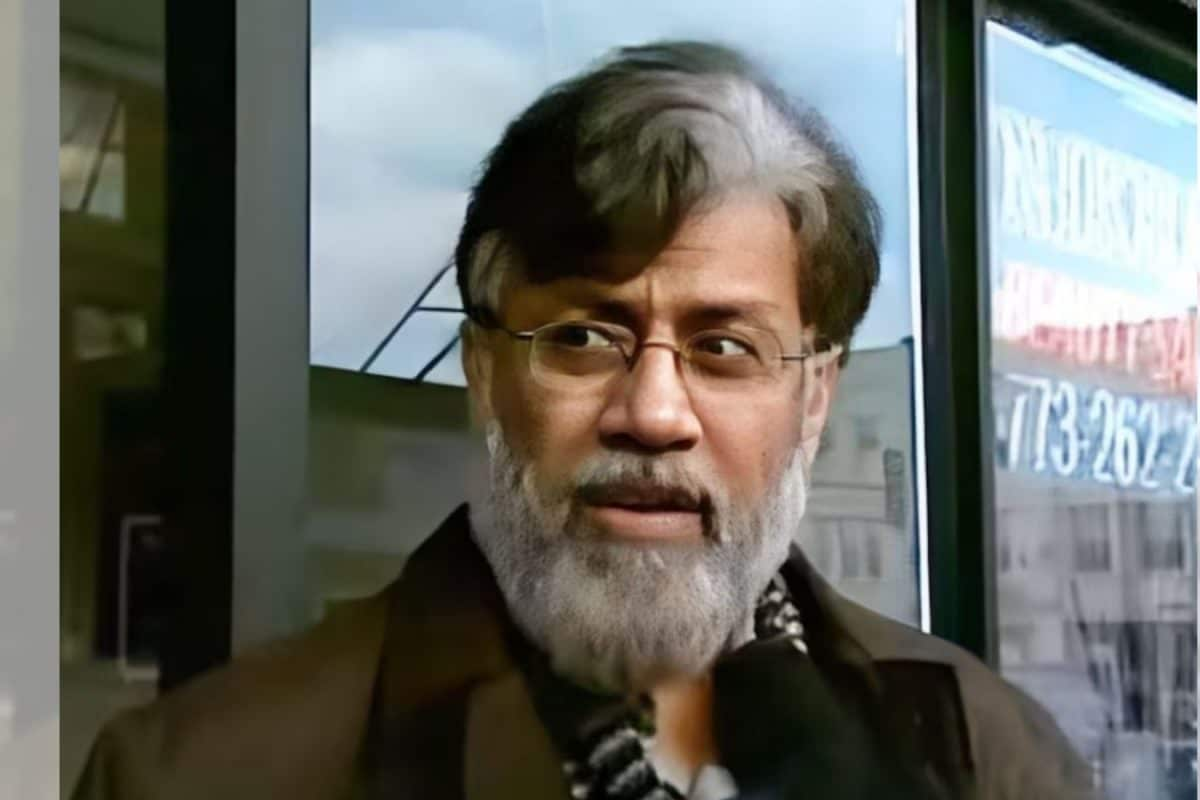

A Delhi court has sought a response from Tihar Jail authorities and the National Investigation Agency (NIA) on a plea filed by Tahawwur Rana, an accused in the 2008 Mumbai terror attacks, seeking permission for a phone call with his family. Special NIA Judge Chander Jit Singh has scheduled the next hearing for July 25.
Rana, who was extradited from the United States on April 10, is facing trial in connection with the attacks that resulted in the deaths of more than 166 people. The NIA has charged Rana with conspiring in the attacks along with his associate David Headley, a Lashkar-e-Taiba (LeT) operative. Headley is accused of conducting planning and reconnaissance for the attacks at the behest of LeT chief Hafiz Saeed.
Previously, the Patiala House Court had granted Rana permission to make a one-time phone call to his family, under strict adherence to jail rules and supervision by a senior Tihar jail official. This decision followed Rana's assertion of his fundamental right to communicate with his family, who were concerned about his condition in custody, as a foreign national. However, the NIA had initially opposed the plea, citing concerns that it could jeopardize the ongoing investigation. The court has also sought a detailed report from the jail authorities, clarifying their stance on whether Rana should be allowed regular phone calls in the future as per the Jail Manual.
In related developments, the court has also addressed Rana's request for a bed and mattress in prison. While Tihar jail authorities initially opposed this request, citing the jail manual which permits beds only for inmates aged 65 or above, Rana's counsel argued that he is 64 years and six months old and suffers from medical conditions that warrant special consideration. The NIA has submitted Rana's complete medical history to the jail authorities. The court allowed a plea by Rana seeking a bed and a mattress in prison.
Rana's extradition from the United States followed a lengthy legal battle, with the US Supreme Court dismissing his review petition against the extradition decision on April 4. The NIA's investigation into Rana's role continues as the agency seeks to bring all those involved in the attack to justice. The 26/11 Mumbai attacks remain one of the deadliest terror assaults in India's history, and Indian authorities have long sought the extradition and prosecution of key conspirators.